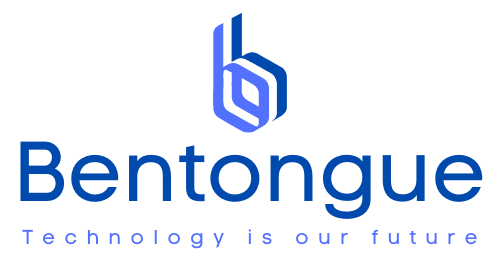Marketing optimization strategies can transform your business performance by maximizing campaign effectiveness and return on investment. Companies that embrace data-driven approaches often see significant improvements in their marketing outcomes, creating sustainable growth and competitive advantages in their markets.
Data-driven marketing decisions
The modern marketing landscape demands evidence-based strategies rather than intuition alone. With 68% of businesses reporting higher ROI through AI-enhanced content marketing and SEO, organizations are increasingly turning to data analytics to guide their marketing decisions and resource allocation.
Leveraging analytics tools
Analytics tools provide marketers with critical insights into campaign performance and customer behavior. From data extraction and loading from multiple sources to transformation for quality datasets, these tools enable marketers to make informed decisions. Marketing automation platforms, projected to reach $6.62 billion in 2024, help companies streamline processes while gathering valuable performance data. Implementing marketing data governance for issue notifications ensures data integrity, with companies that use such solutions seeing up to 368% ROI on their analytics investments. For specialized marketing analytics advice, consult https://www.marketing-consulting.es/ where experts can help you select the right tools for your specific business needs.
Testing and refining campaigns
A/B testing forms the backbone of campaign optimization, with 77% of companies conducting these tests to refine their marketing efforts. Successful testing requires discipline – experts recommend gathering minimum 500+ impressions and at least 100 conversions per variant before declaring winners. When scaling successful campaigns, increase budgets gradually (10-15% weekly) while maintaining efficiency metrics. Creative content needs regular refreshing, as engagement typically drops 15%+ below baseline when audiences experience creative fatigue. First-party data collection remains crucial for personalization efforts, while weekly monitoring enables tactical adjustments to maximize performance across all marketing channels.
Customer-centric marketing approaches
Marketing optimization has become essential for businesses seeking to maximize ROI and campaign performance in today's competitive landscape. With 66% of B2B marketers now prioritizing audience needs over sales goals when creating content, the shift toward customer-centricity is unmistakable. This approach recognizes that marketing success begins with understanding your audience deeply and building strategies that respond to their specific needs and behaviors.
The marketing automation market is projected to reach $6.62 billion in 2024, with over 61% of marketers planning to increase their automation budgets. This investment reflects the growing recognition that data-driven strategies and marketing data governance are fundamental to creating meaningful customer connections. Through audience segmentation and first-party data collection, businesses can develop more targeted campaigns that resonate with specific customer segments.
Personalization techniques
Personalization has evolved beyond simply addressing customers by name. Modern personalization leverages AI in marketing to analyze customer data and deliver tailored experiences at scale. With 81% of marketers seeing generative AI as beneficial for marketing tasks, this technology is transforming how businesses connect with their audiences.
Effective personalization strategies include:
Data-driven audience segmentation based on behavior, demographics, and preferences allows for more relevant messaging. A/B testing, which 77% of companies use to refine marketing campaigns, helps identify which personalized elements drive the strongest engagement. Marketing automation enables the delivery of personalized content across email marketing, social media marketing, and video marketing channels.
Brands implementing comprehensive personalization strategies have seen significant improvements in ROAS and other KPIs. For instance, companies like Chacka Marketing achieved a 90% reduction in manual reporting time through optimized data analytics and personalization efforts.
Building meaningful brand relationships
Creating lasting brand relationships requires consistent, value-driven interactions across all customer touchpoints. Omnichannel marketing ensures that your brand message remains coherent whether customers engage through social media, email, or your website.
Content marketing serves as a foundation for relationship building, with 84% of B2B marketers believing it generates brand awareness and 58% attributing it to increased sales and revenue. The focus has shifted toward creating content that genuinely addresses customer needs rather than overtly promoting products.
Sustainability marketing has also emerged as a powerful relationship-building tool as consumers increasingly align with brands that demonstrate social responsibility. By highlighting your brand's positive impact, you can connect with customers on a deeper level based on shared values.
The four critical steps to build these relationships involve planning your approach, measuring results, evaluating performance data, and continuously improving based on insights. Through this systematic approach to marketing optimization, businesses can create more meaningful connections while achieving up to 368% ROI on their marketing investments.







